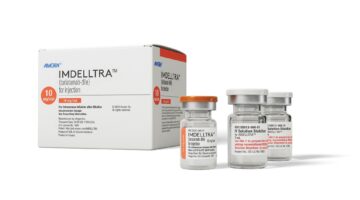MINNEAPOLIS, Minnesota — GT Urological wants to raise $1 million to continue with research and development of a implantable male incontinence device.
GT Urological already has one product: the ActiCuf pouch that externally manages incontinence in men. But the company has received more than $2 million in federal research and business development grants to create implantable devices for men and women that would re-establish urinary control and provide “on demand” control of bladder functions.
Chief Financial Officer Jeff Shapiro said the new money would continue research on the men’s version of the product. A version for women is “down the road,” Shapiro said, though he declined to give a commercilization timetable for either device.

A Deep-dive Into Specialty Pharma
A specialty drug is a class of prescription medications used to treat complex, chronic or rare medical conditions. Although this classification was originally intended to define the treatment of rare, also termed “orphan” diseases, affecting fewer than 200,000 people in the US, more recently, specialty drugs have emerged as the cornerstone of treatment for chronic and complex diseases such as cancer, autoimmune conditions, diabetes, hepatitis C, and HIV/AIDS.
This is the first time the company has raised private equity. In July it selected as its chief medical advisor Dr. Steven Siegel, director of Continence Care at Metro Urology in St. Paul.












